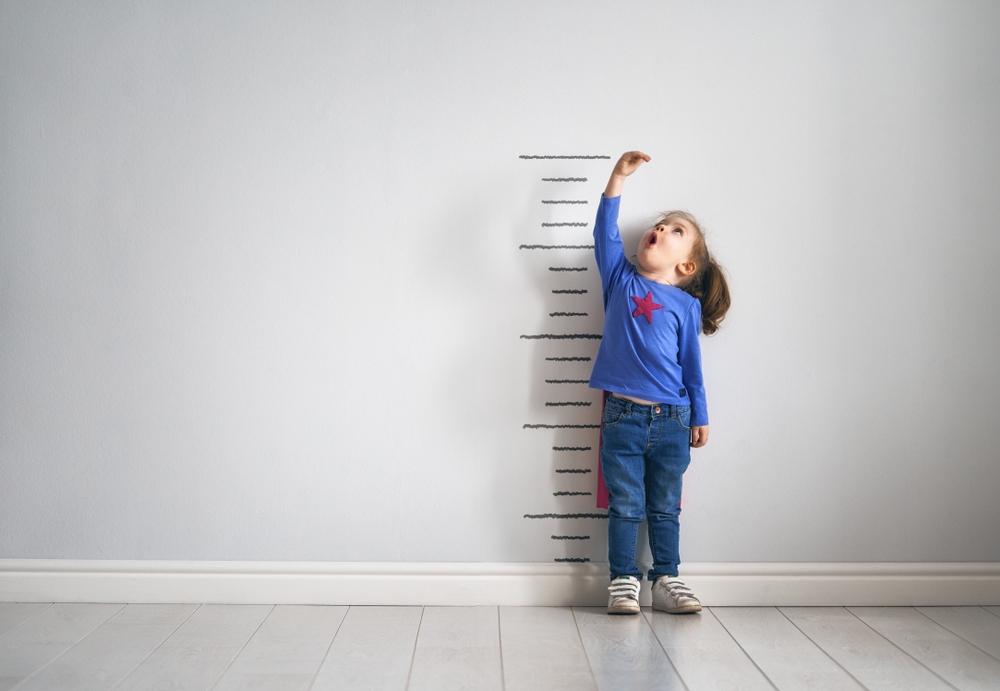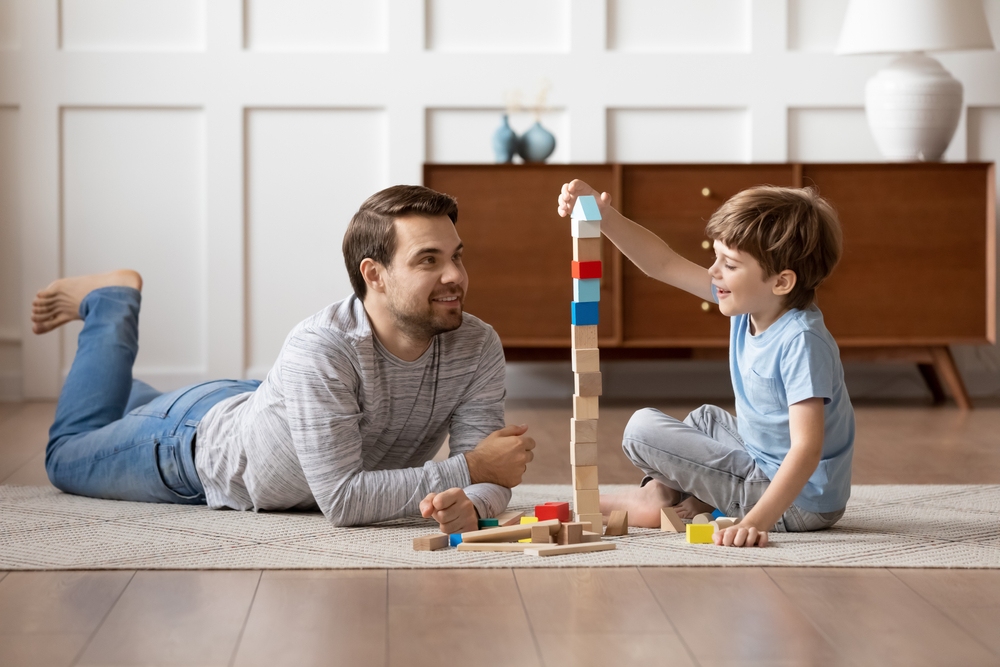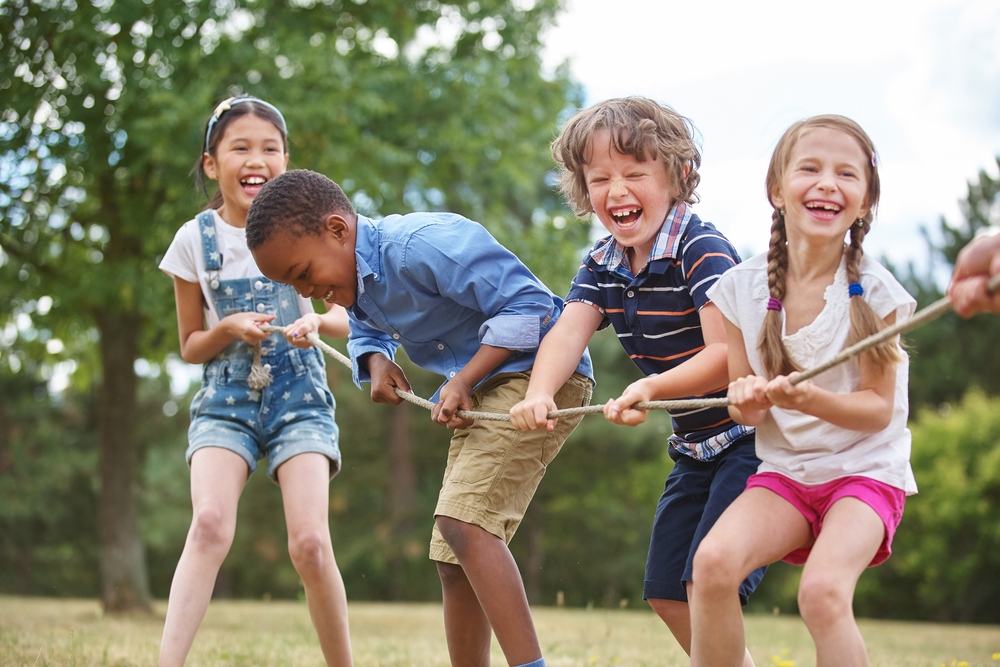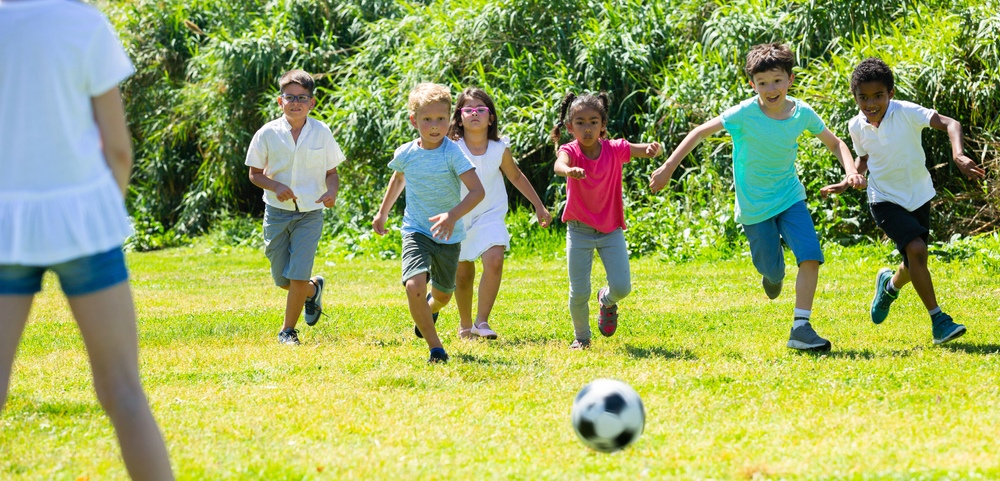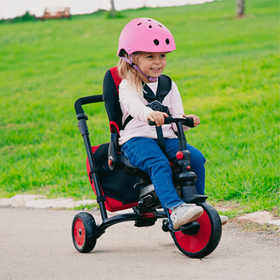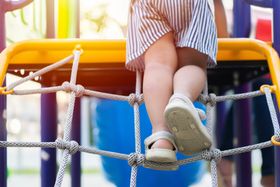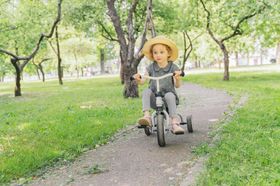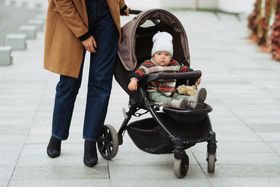5 Reasons Physical Activity is Important for Child Development
Updated April 14, 2023
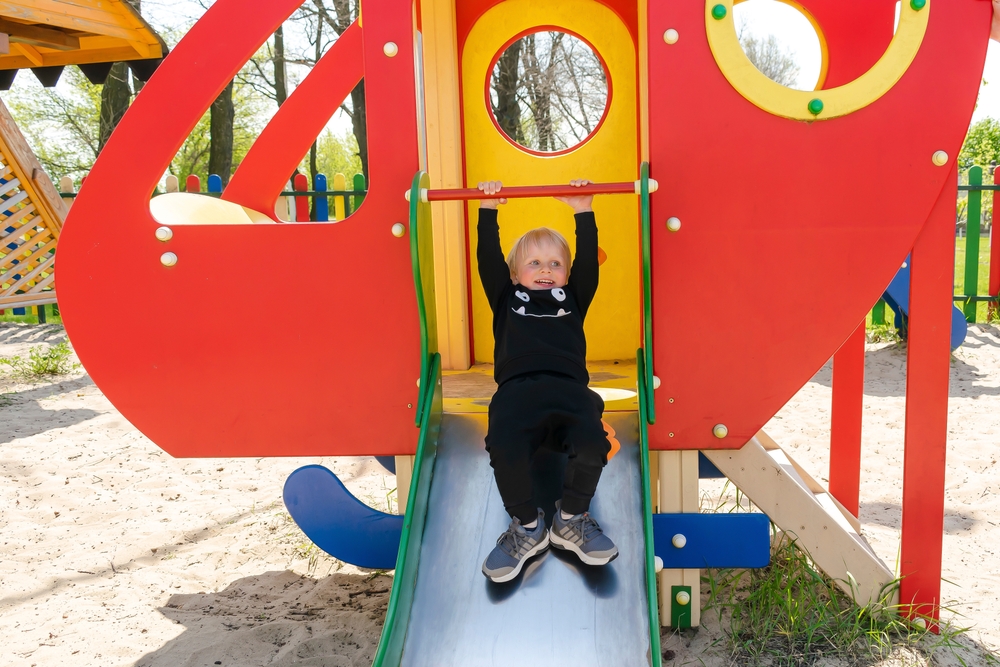
Physical activity plays a crucial role in the healthy development of children, fostering a myriad of physical, mental, and emotional benefits. This encompasses everything from improving cardiorespiratory fitness to promoting the advancement and refinement of motor skills. Introducing physical activities in early childhood can help build strong bones and muscles, reduce anxiety, and create a solid foundation for lifelong health.
Here are 5 reasons why exercise is crucial for a child's growth:
1. Physical Growth
Physical development plays a vital role in early childhood, as it encompasses the progression and improvement of motor skills, which are essential for preschoolers. To put it simply, physical development refers to a child's capacity to utilize and control their body, including the growth of the brain, muscles, and senses.
From infancy, children go through various stages of early childhood physical development, such as sitting, standing, crawling, and walking. As they enter their preschool years, they learn the fundamental motor skills necessary for moving around, like running, leaping, and skipping, as well as the abilities needed to manage objects, such as throwing, catching, and kicking.
Exercise is a fundamental part of a child's physical growth, helping them build stronger bones and develop a solid physical foundation, which includes healthy bone mass and density. Weight-bearing activities, like walking, running, and jumping, are particularly beneficial for building stronger bones because of the pressure they put on the bones.
By engaging in these activities, children can reduce the risk of bone-related diseases like osteoporosis later in life, ensuring a healthier future. In conclusion, fostering preschoolers' physical development through exercise is essential for every child to grow and thrive.
2. Cognitive Development
Physical activity not only strengthens bones and muscles, but also plays a vital role in a child's overall development. In fact, exercise has a positive impact on the brain. The nerve cells in the hippocampus and prefrontal cortex grow and form new pathways in response to physical activity. These areas of the brain are responsible for focus and memory.
As a result, regular exercise leads to improved memory and focus in children, boosting their academic success. Engaging in physical activities strengthens both your child's body and brain while also enhancing mood by releasing feel-good hormones, regulating weight, and providing other benefits. All of these factors contribute to a child's confidence and success in various endeavors.
3. Reduced Anxiety
Exercise strengthens both your child's body and mind. Physical activity triggers the release of endorphins, which enhance mood and can help reduce stress and anxiety. Children with a positive self-image are more likely to develop a strong sense of self. Participating in a team, learning new physical skills, or excelling in a particular sport or activity can boost a child's confidence.
Engaging in physical activities also helps expend energy, leading to better sleep. When children are tired, they sleep more soundly and for longer periods, allowing their bodies to replenish energy. They also fall asleep more quickly. This combination of increased confidence, self-esteem, and rejuvenated energy contributes to a child's healthy mental well-being.
4. Better Social Skills
Group physical activities provide children with opportunities to socialize and form new friendships. Engaging in these activities with friends helps them learn to interpret body language and verbal cues, such as recognizing when to pass a ball or respond to a friend's smile. As a result, children develop a sense of belonging and connection.
Participating in team-building exercises can foster leadership skills and problem-solving abilities, boosting a child's self-esteem and self-confidence. Playful exercise also aids in developing skills such as risk management and independent learning. By engaging in activities that involve sharing experiences, building relationships, and working towards shared goals, children can learn to focus and gain the self-confidence needed to speak up in class.
Physical education (PE) in school significantly impacts children's social development. Providing children with opportunities for physical activity equips them with essential social skills they will need as adults. PE and sports create an excellent platform for combining these skills in a creative way that promotes healthy living on multiple levels: physically, socially, and emotionally. Children who participate in regular physical activities and receive high-quality physical education are likely to be psychosocially healthier and remain active into adulthood.
It's never too late to introduce physical activities to children, with play being an integral part of it. While forms of play may change throughout a person's life, establishing a healthy habit of living an active lifestyle ensures that the need and desire for physical activity persist.
5. Refined Motor Skills
Motor skills are essential for locomotor functions and fundamental daily life skills. Early physical education offers various opportunities to develop motor skills such as running, throwing, and catching. Introducing physical activities to young children helps to build stronger muscles and consequently enhances motor abilities. Furthermore, it improves motor planning, visuomotor skills, balance, and coordination. With these motor skills, children can learn essential life skills for daily living.
Motor skills can be divided into two categories: gross motor skills, which are crucial for locomotor tasks like walking and climbing, and fine motor skills, which involve using the hands to perform small actions like writing and tying shoelaces. Stimulating early motor skills helps toddlers develop essential life skills more quickly by improving both gross and fine motor abilities.
To promote motor skill development from six months to early toddlerhood, consider using products like the SmarTrike x Kelly Anna STR7 Stroller Trike. It provides safety for your child while encouraging early motor skill growth. The trike allows children to move the handlebar and rest their feet on the pedals without actually steering or controlling the wheels, giving parents complete control until they decide the child is ready to steer or pedal. Pedaling enhances gross motor skills by improving coordination, stamina, and strength. Visual stimulation is crucial for children as it contributes to brain development, supports learning, and helps them focus. The SmarTrike x Kelly Anna STR7 Stroller Trike can offer visual stimulation for children as young as six months.
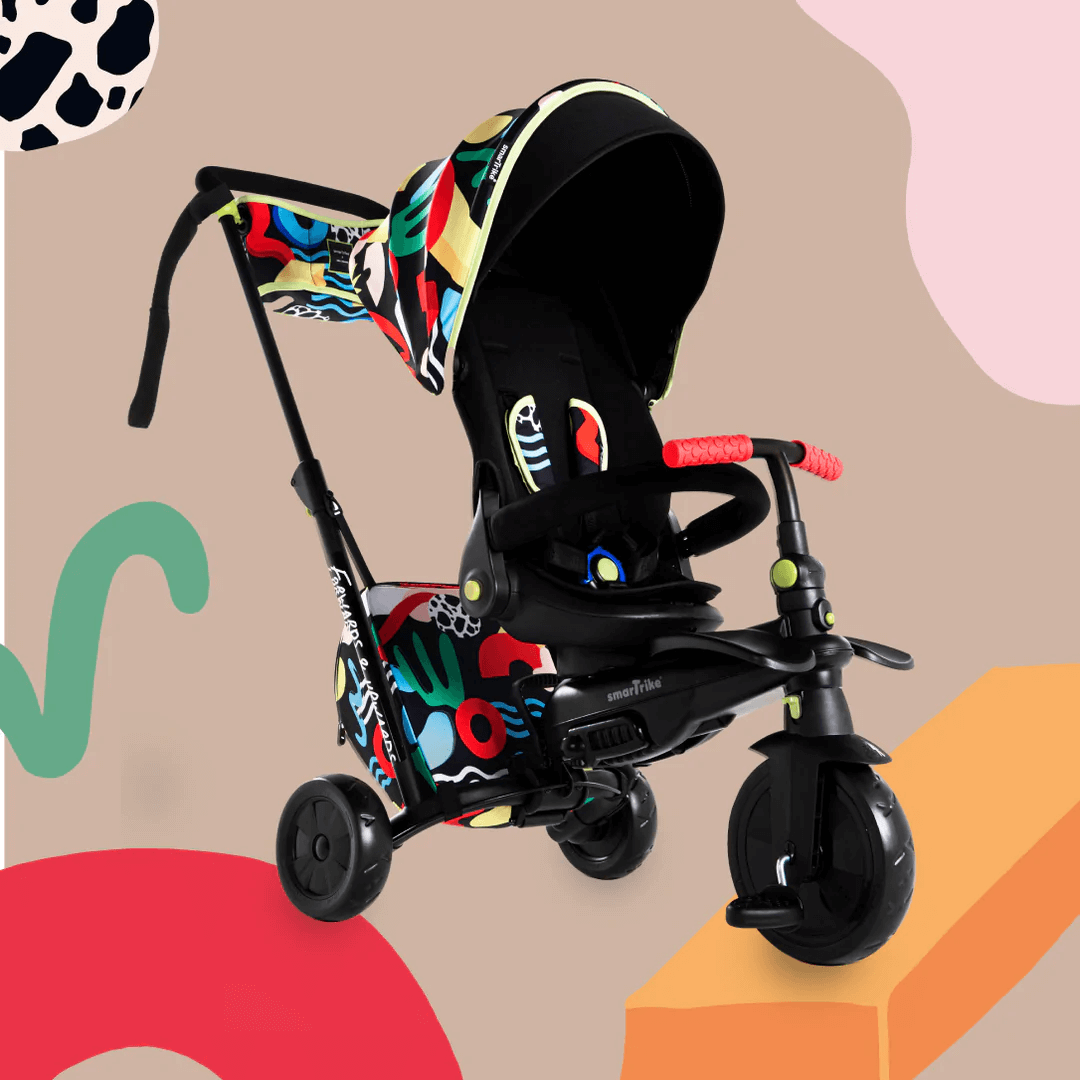

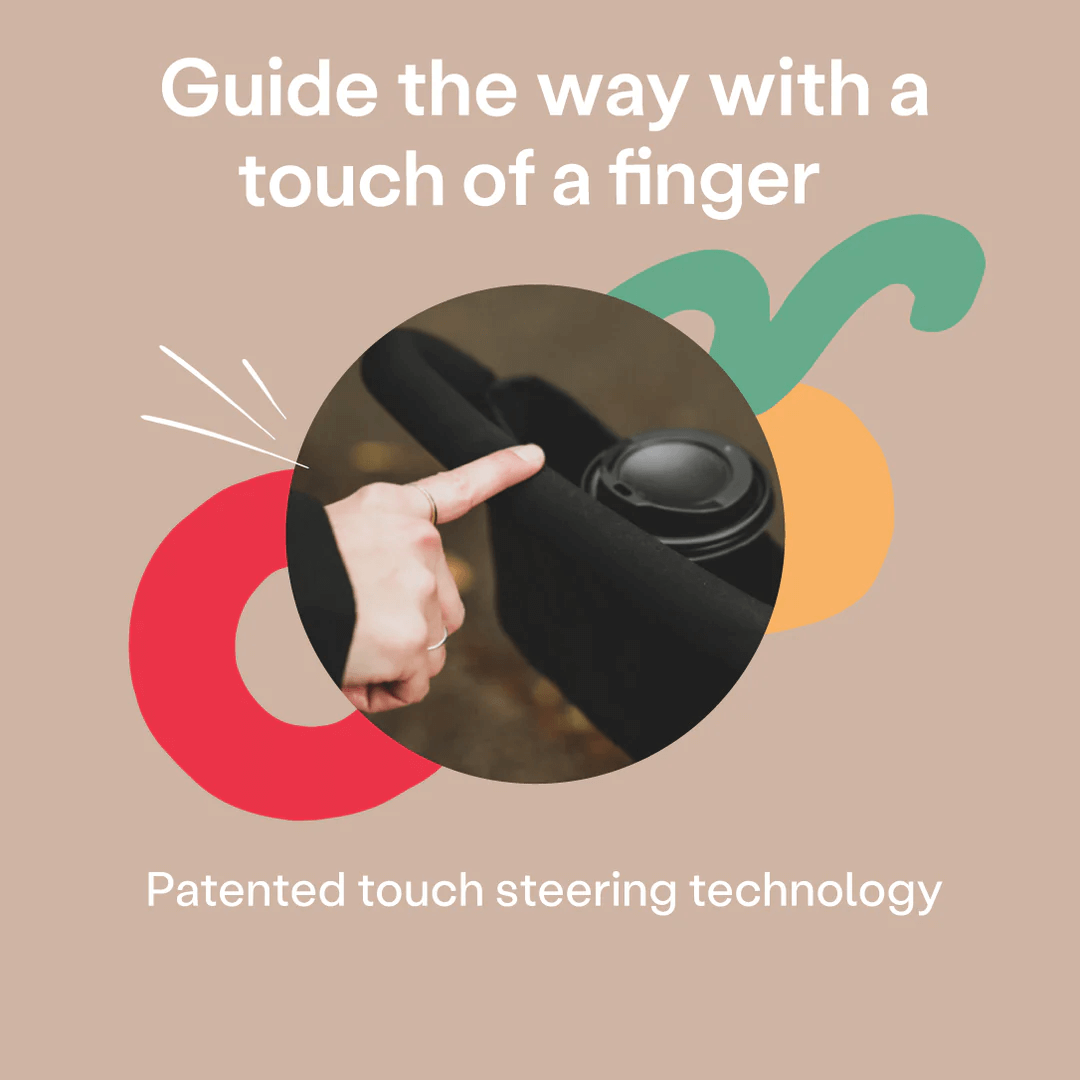
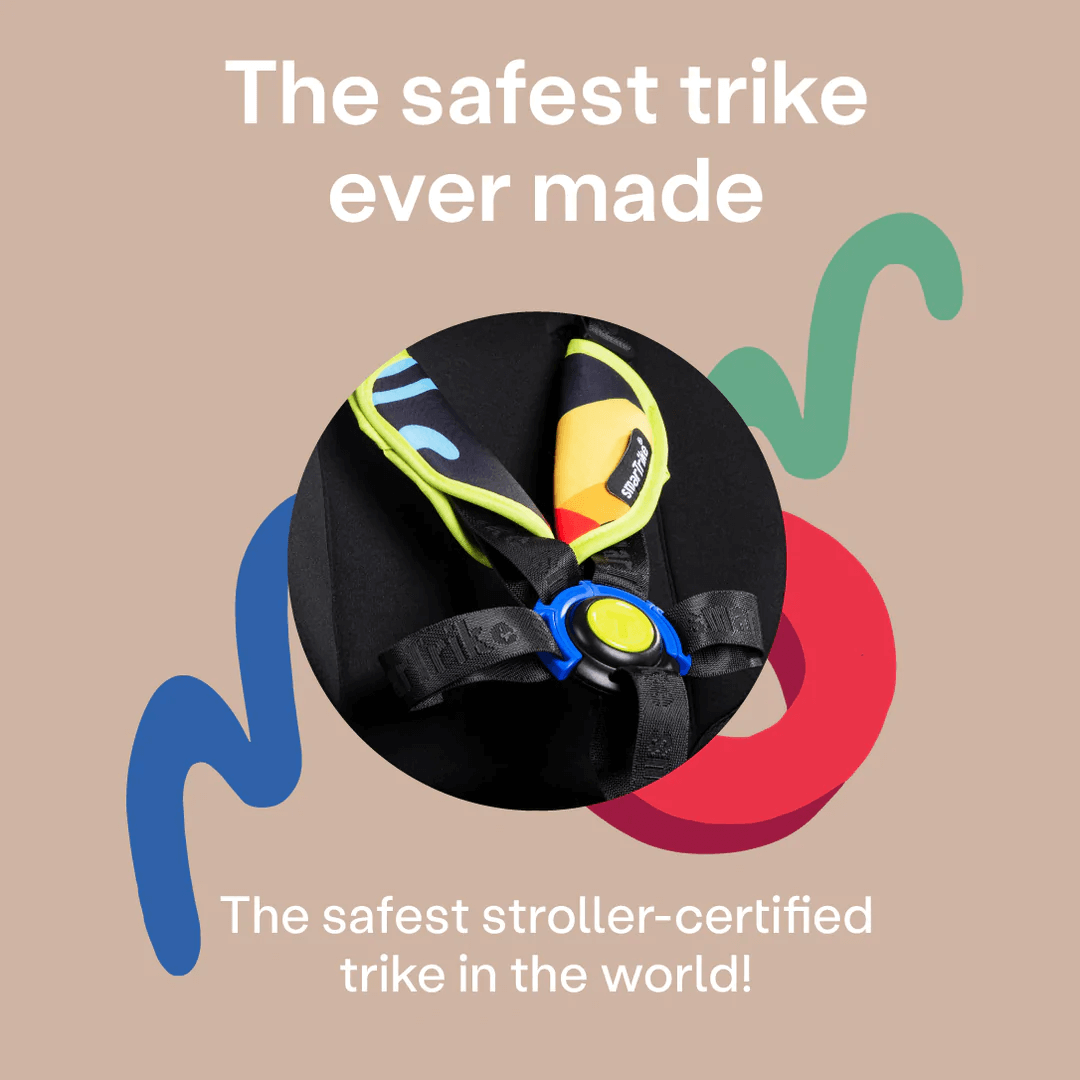
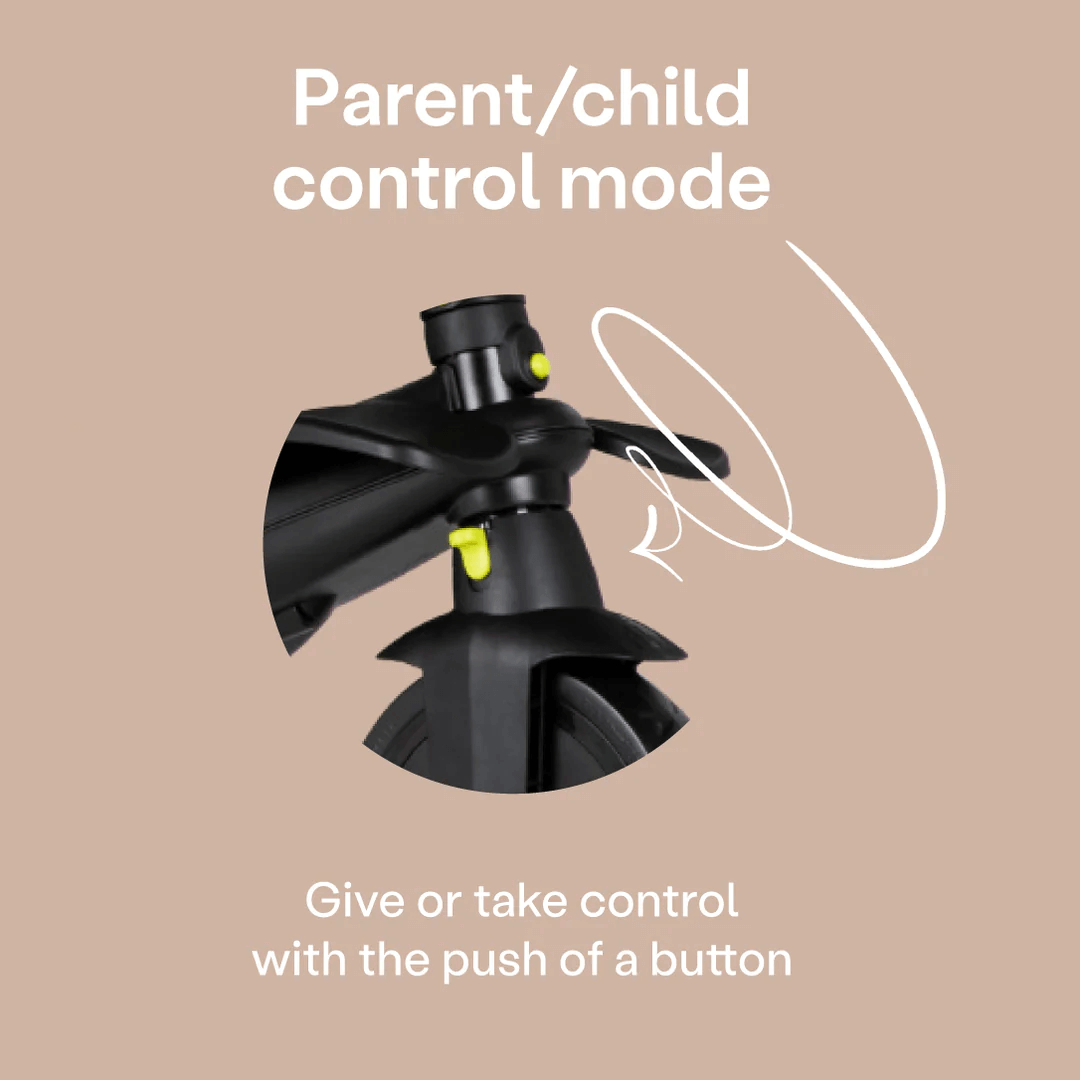
The Power of Physical Activity
Physical activity is essential for a child's overall development, fostering cognitive function, mental well-being, and social skills. By promoting an active lifestyle from an early age, you unlock your child's full potential, setting them on a path toward a healthier, happier future. Don't hesitate; get your child moving today!








